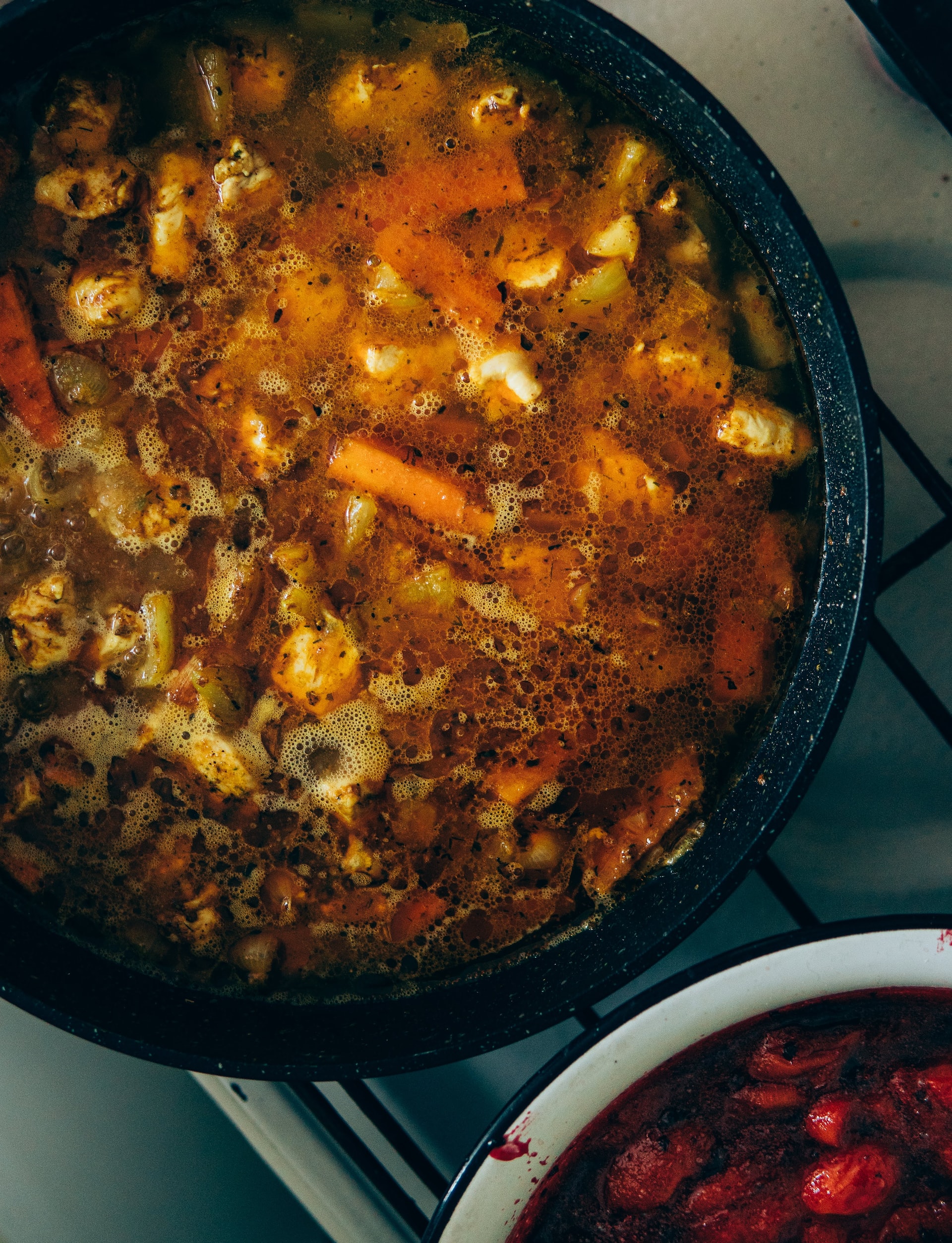The cost of living in the UK has risen exponentially throughout 2022, with a whole heap of factors from domestic governance to international crises contributing. The most commonly cited reasons for the increases in the cost of living are predominantly the cost of food, the increases in energy bills, and the price of petrol and diesel.
Of course, there’s very little that each citizen can do to change the course, with the majority of the population being forced to change habits and find new ways to reduce expenditures each month. There are plenty of ways to adjust from what would be normal before the price increases to more cost-effective strategies.
Here are a few tools and tips to help manage your money through the rising cost of living and save some cash.
Using banking tools to manage cash

When it comes to dealing with the rising cost of living, the most important thing that you can do is closely manage your money. This involves budgeting, keeping tabs on how much is in your account before making any purchases, and finding ways to alleviate the pressure wherever possible. You can find that your bank is offering tools to help you manage during the rising cost of living, including informative guides to help with debt, offering support to those who miss bill payments and setting up temporarily arranged overdrafts.
You can also find help from online webinars for useful money-saving methods, and budget planners as part of your banking app so that you can better stick to your plans, and review spending insights.
Getting energy at the cheapest possible times

Energy bills are the focus of many as winter takes hold, with the usual increases in gas and electricity from autumn into winter expected to grow far beyond what we’ve seen before. Some energy suppliers have decided to not just reveal the hours at which you can get cheaper energy, but also offer rewards to you for reducing your usage during peak times.
These saving sessions for energy connect a smart electricity meter to read when you’re using energy. If you do so during the saving session, which usually runs for between one and four hours, you’ll get rewards that can be exchanged for rewards. These include prizes, the option to donate to charities, or the form of cash. Through the app, you get alerts to tell you when the saving sessions are on the way.
Bulk cooking for cheaper food and reduced energy

Bulk cooking is great for your wallet in so many ways. Buying larger quantities of food – especially when on offer – is usually cheaper per gram, and as you can make several portions from one cook, you’ll often find that the cost is spread far better to make for cheaper meals. On top of this, you only need to cook once for multiple meals, and having all of those meals readily available means that expensive takeaways and restaurants are less tempting.
Furthermore, if you need to take lunches to work, a bulk-cooked one makes for a great way to cut down on expensive lunches and snack-buying at work, further reducing your outgoings and being a healthy option. To make the most of this method, it’s a great idea to invest in a large slow cooker. These appliances are drastically cheaper to run than even electric ovens, even with the longest cook times of eight hours. On a less cost-saving point, you get to spend far less time around the hob and oven at meal times, too.
To help get a grip on the rising cost of living, be sure to see if your bank comes with a host of useful money management tools, if your energy supplier offers cheaper rates at set times of day, and get into bulk cooking.







